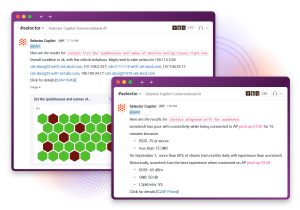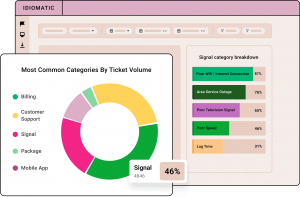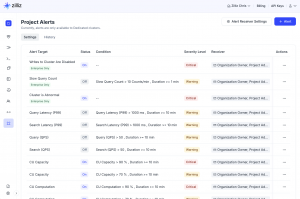Apple’s top patents for smart home tech : Siri + beyond
Apple has yet to reveal any dedicated smart home solutions, though fanboys do get to enjoy streaming media from their iDevice to an Apple TV. But this may soon change, as Apple has been granted a patent for an automated home assistant.
![]()
Siri for home
.
The US Patent and Trademark Office granted patent 8,677,377 to Apple, which is dubbed as a “Method and apparatus for building an intelligent automated assistant.” The patent describes a futuristic version of Siri that will help people in their homes.
The patent features a system that utilizes data gathered by distributed sensors throughout the home, office, or any other setting, to provide automated help to people in varying circumstances.
It can be used to identify what the person is doing, tell the time, and can even be used to tell a person to take medications on time. Siri Home can remind users of upcoming meetings or appointments, or be used to assist the elderly, or those with impairments that have difficulty completing tasks.
Patenting smart home technologies
.
This isn’t the first time Apple has filed for a patent that pertains to smart home technology. Last year, the USPTO published a patent filed by Apple that pertains to a device, like the iPhone, that can save, manage and recall entertainment and “smart home” system settings, called “scenes.” This remote system will allow users to set themes for particular movies, set other connected devices to match the theme, and as they system is used more often, it learns. So when a user chooses a movie, the system can then make changes to other connected devices, for instance changing the color of a smart bulb to better match the movie’s scheme.
Another patent filed by Apple last year, U.S. Patent No. 8,577,392, describes a system and method that determines the location of wireless communication devices or persons that controls or adjust operations of devices. What Apple aims to accomplish with this technology is to trigger preset functions automatically when a person is detected in specific area. For instance, when the home network detects that you are arriving home from the office, it can open the garage door, turn on the thermostat, and play your favorite song when you arrive, or turn off the thermostat and lights, when you leave the house.
These patents, though very useful if implemented, do not guarantee Apple’s entrance into the smart home sector. Often times, companies such as Apple will patent technology even if they have no plans to implement through products, in an effort to protect intellectual property or prevent others from stealing its ideas. Over the long term, patent holders can also generate revenue through licensing fees if another person or company decides to implement patented technology into their own products.
A message from John Furrier, co-founder of SiliconANGLE:
Your vote of support is important to us and it helps us keep the content FREE.
One click below supports our mission to provide free, deep, and relevant content.
Join our community on YouTube
Join the community that includes more than 15,000 #CubeAlumni experts, including Amazon.com CEO Andy Jassy, Dell Technologies founder and CEO Michael Dell, Intel CEO Pat Gelsinger, and many more luminaries and experts.
THANK YOU













